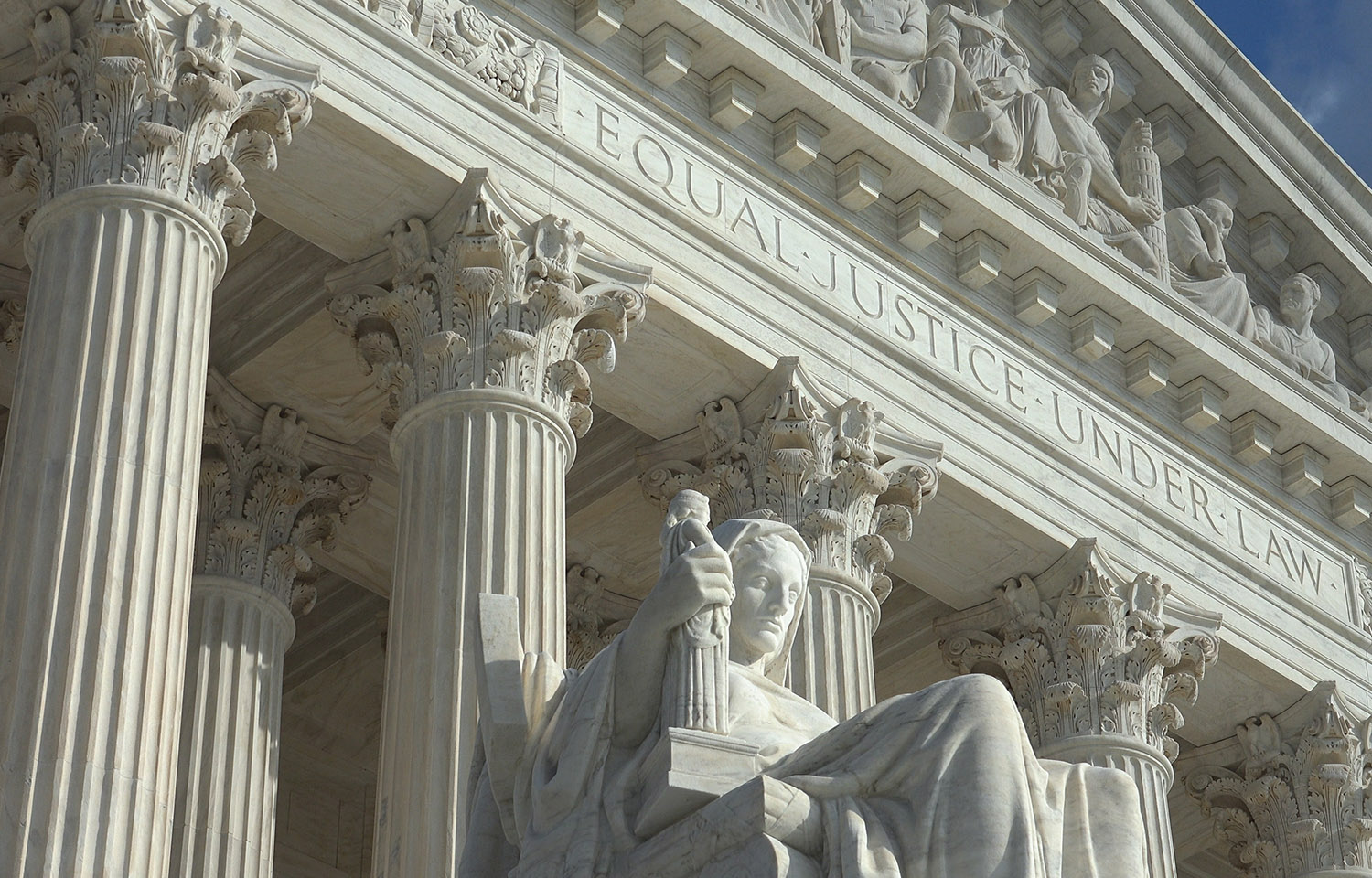A challenge by New Jersey herring fishermen to a rule requiring commercial fishermen to pay for at-sea monitoring equipment could significantly weaken the rulemaking authority of NOAA Fisheries and U.S. regulatory agencies more broadly.
On 17 January, the U.S. Supreme Court heard oral arguments in Loper Bright Enterprises v. Raimondo. The case began as an attempt to overturn a single rule originally set by the New England Fishery Management Council but has since ballooned into a broad challenge to the rulemaking authority of federal regulators.
The justices announced in May they would use the Loper Bright case to reconsider the Chevron deference – a court precedent that gives federal agencies wide latitude to make rules even when a statute is ambiguous or unclear. The New Civil Liberties Alliance (NCLA) – the group representing the fishermen – argues that the Chevron deference incorrectly forces courts to accept agencies’ interpretation of a statute even when judges believe the interpretation is incorrect.
“Under the Constitution, courts have a duty to apply their independent judgment and interpret federal statutes to faithfully reflect their text, structure, and history,” Roman Martinez, a partner at Latham & Watkins – the law firm representing the plaintiffs before the Supreme Court – said ahead of the oral arguments. “Chevron departs from that principle, forcing judges to enforce agency interpretations that the judge believes are wrong. We hope the Court overrules Chevron and vindicates the essential role judges play in upholding the rule of law.”
The case began in 2020 when NOAA Fisheries started requiring some commercial fishermen to pay for at-sea monitors out of pocket. The fishermen say that paying for monitors is onerous and can cost them more than USD 700 (EUR 640) per day. Some fishermen sued, arguing that the New England Fishery Management Council misinterpreted the law when crafting the rule.
“In this case, the agency misinterpreted the [Magnuson-Stevens Act] to force struggling fishermen to pay up to 20 percent of their annual profits to federal agents,” Martinez said during oral arguments.
The fishermen lost their case in court in 2021. They also lost their appeal to the U.S. First Circuit Court when the court relied on the Chevron deference to rule in the government’s favor. The Supreme Court then took up Loper Bright and a similar case brought by commercial fishermen, Relentless, Inc. v. the U.S. Department of Commerce, to take another look at the Chevron deference.
“Chevron has tempted every actor in our tripartite government structure to act badly,” NCLA Senior Litigation Counsel John Vecchione said ahead of the oral arguments. “It allows Congress not to write clear statutes. It leads the executive to make law rather than execute it and administrators to seize power not granted to them. And, it requires the judiciary to abandon its duty to say what the law is. Chevron must fall.”
The court is expected to release a decision on the case in May or June.
Photo courtesy of Shutterstock/Bob Korn







